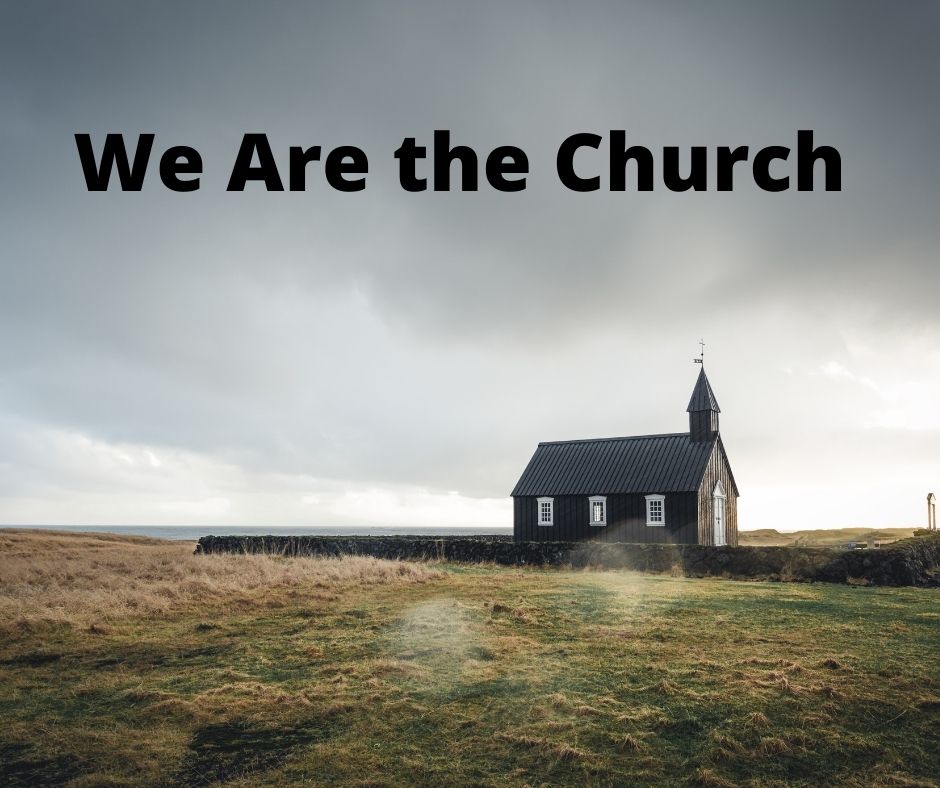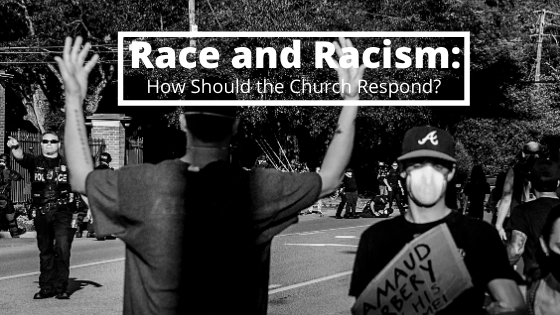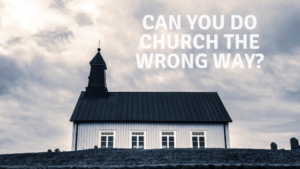The Church
Hello, the third part of this series has been prolonged as I have tried to process and communicate that background in thinking and prompting us to move. The most asked question we have been asked is, “Why did we move from California to Washington?”
The first post regarding this was regarded as a calling. I do believe God calls Christians to their vocations, cities, and neighborhoods. The Lord calls people into ministry and the Lord called me and the family to move to Washington. You can read the post HERE.
Second, answering the why did we move involved processing and defining what a pastor is. Through seeing what a pastor is and is not I was able to discern more and more the call to be a senior pastor. You can read the post HERE.
There were times I felt like round pegs trying to fit in square holes or square pegs in round holes (however the statement goes). There are many things that had me question is this where God has me?
This led to the third question. It was what is the church? This by no means will be a theological discourse on ecclesiology. God had been growing me and working through the years on my understanding of what is the church and how the church functions.
To be clear, I don’t have any issues with large churches. I came from a very large church. I am thankful for the experience and time. I am thankful to see all that God has done. There are many benefits that come from a large church but there are also many hindrances that come with it too. In fact, 70% of churches in America are 100 people or less.
I always had pressed upon me that God has called me to a smaller church. I am thankful for the people I had been able to meet, shepherd, and love at Harvest. Now, at a smaller church, have been blessed to be part of a smaller community. I have been able to experience the different struggles and benefits that come with it.
Here are a few areas that I have seen this coming through:
- Smaller budget yet higher volunteer and ownership. A smaller church will have a smaller budget and is limited on resources to do certain things. What I came to see and appreciate was a church where saints take on the burdens to work on the church, support the church, and do the work of ministry (Eph. 4:12 ).
Yes, there are things that a higher budget allows a church and ministry to do, but I have learned you don’t need much to do church. In fact, many Christians around the world have a church service with a lot less than even churches with smaller budgets in America.
- Wearing multiple hats and learning to embrace weaknesses. A larger church usually will have people in multiple departments such as IT, A/V, HR, Accounting, and so on. This was something for me to learn to adapt. I struggled with this at first because I felt like I needed to do everything. I have learned that I am unable to do everything. I stink at some things and at the end of the day, probably are glad that I did not do them.
This is humbling but also a reminder that the church is made up of individual Christians coming together to serve and do the work of ministry. The Bible uses the term members of one body (1 Cor 12). This means we are connected and depend on one another. I am thankful for those who are knowledgeable in those areas and give of their time/talents to serve.
- The church is the bride of Christ. Small church or big church or any church size in between is the bride of Christ. This has helped me to be thoughtful in what I say and how I think about the church. Though not perfect, the church is still the bride. The small church may not have much in terms of resources, but it offers something that large churches struggle to do, the deep impact of the local community of believers knowing one another.
- The church is a new community that God is building. The Christian’s identity is in Christ. Their citizenship is in heaven and they are part of a new group of people (Eph 2: ). We strive to know what it means to be in Christ. This unites the Christian with other believers which goes into eternity.
The Church is the trophy case of God’s wisdom of salvation (Eph 3:10). The mystery of the gospel has been revealed through the church which is diverse yet unified in Christ.
How Do you Look at the Church?
Maybe you have been hurt by the church. The rise of church failures and reporting about issues within the church has gained national attention. I grieve knowing that people have been hurt and may not want to go back to a church because of past experiences. I pray and hope that you can see the beauty that comes with the bride of Christ, though not perfect points to Jesus.
Pastor and commentator Richard Coekin writes,
“You are welcomed into the precious family of God, so love those people deeply. You are being built upon the foundation of the Scriptures, so listen to the teaching carefully. You are being constructed as a dwelling of the Spirit of God, so be holy in the way you behave…Your local church is a gathering of a new humanity, the temple of the living God, the only ‘local building’ that will last forever, and a wonder in the heavenly realms. Enjoy it!”







